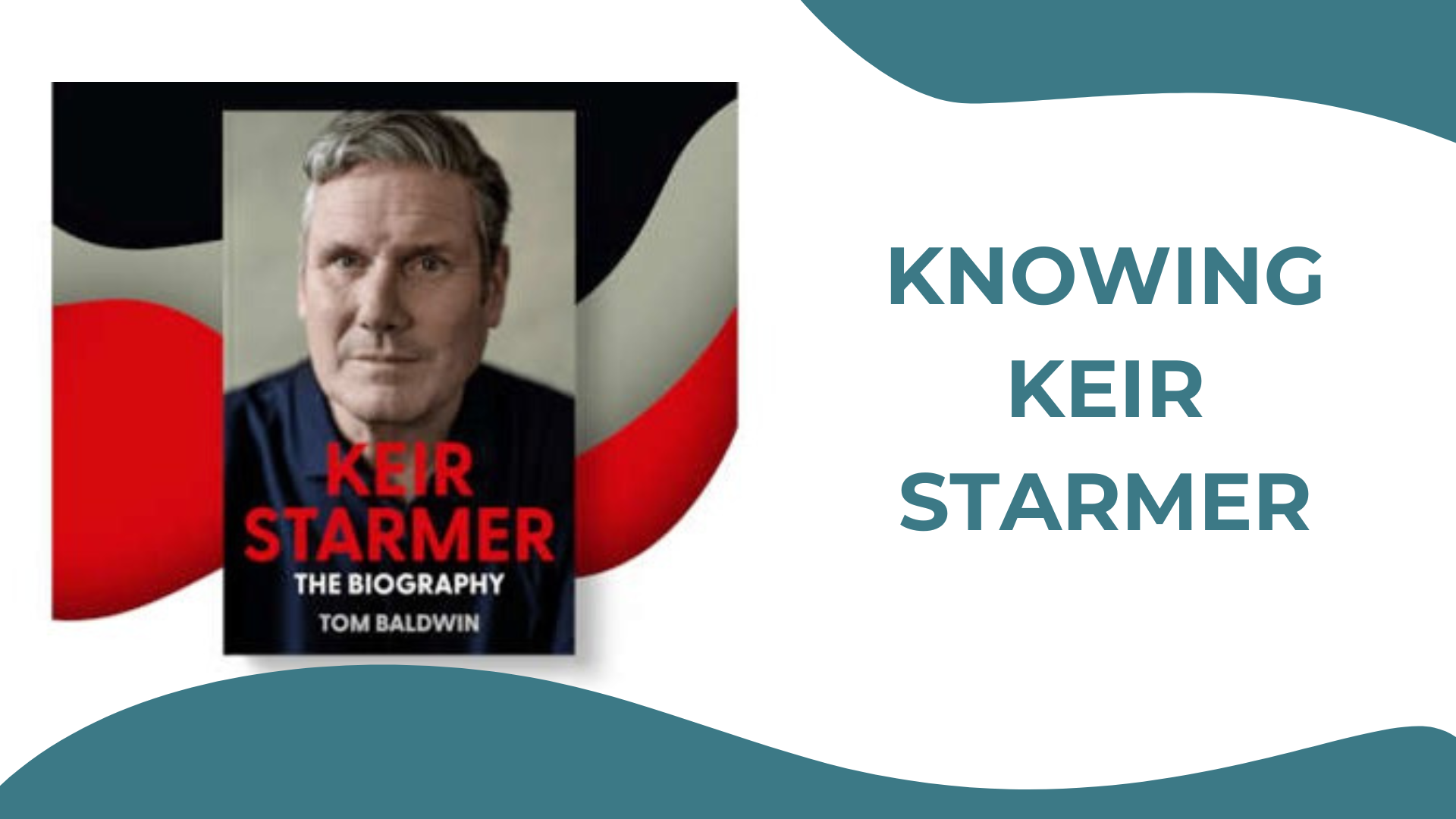‘Leadership is an activity in pursuit of something new and better … It’s a group sport, not an individual heroic activity’.
Ed Schein (MIT Professor Emeritus )
How do you define leadership?
It’s a tough question. Despite the plethora of publications, programmes and podcasts we have no single narrative to define leadership. Indeed, quite the opposite. There are multiple, competing narratives. A rather crude scan over LinkedIn posts this past month showed that we yearn for leaders who are emotionally intelligent, caring, humourous, humble, servant-like, inclusive, authentic and … more diverse. A Harvard Business School article by Tomas Chamorro-Premuzic points out that the mythical image of a “leader” embodies many of the characteristics commonly found in personality disorders, such as narcissism, psychopathy, histrionic, or Machiavellian personalities.
What we want in our leaders, and what we actually get maybe two very different things. But there is hope and we were delighted to come across an interview with Ed Schein – One of the early pioneers of organisational development who, even in his advanced years, has some profound things to say about how we need to reimagine leadership.
Our top 3 takeaways from this interview are set out below. They need to be read as interconnected points, rather than as a linear list:
- Leadership is an activity in pursuit of something new or better. Leadership is not a function of position, but of thought. Having ideas. Inspiring others with these ideas. Mobilising people to take action in pursuit of these ideas. He says ‘my hunch is that the biggest inhibitor that’s holding back people in leadership positions is that they don’t really know what they want to do that’s new or better’. That’s okay, so long as it leads to point 2 below.
- Effective leadership demands the inclusion and involvement of others. Schein challenges the idea that leaders have to be the ‘big shot hero’ who thinks they have to own it all. In an increasingly complex world, appointed leaders simply don’t know enough to decide what’s new or better. Which is why effective leaders need to ask their people what to do. Involving others is no longer an optional ‘nice to do’. It is at the heart of how we define the direction and how things get done. Schein has written a lot about the power of humble leadership. The subtitle of his book Humble Inquiry points to the gentle art of asking rather than telling. A leader who gathers talented others and then asks questions to shape what could be new or better is going to be far more effective.Schein challenges the idea that leaders must start with setting direction. He argues that leadership is not about ‘being in charge and knowing all the answers’. Instead, he encourages leaders to open up discussions to figure out a sense of direction and to move the authority to where the information is. Schein challenges the value of command and control and single-point accountability and points to the importance of distributed leadership in making change happen.
- Invest in getting to know others. We know that professional intimacy is a key driver of trust. As leaders we won’t elicit ideas from others or get a better understanding of what’s really going on unless people trust us. It’s not complicated. Simply getting to know people, what makes them tick, what they are interested in, what’s going on in their life will build this trust. Asking how you can help employees do their jobs better and then actually listening to what they say will signal that you care about their interests. Without this focus on the relationship, nothing enduring will happen. Getting to know one another – building relationship and not just focusing on task/process – is also critical if we are to feel safe to say what’s really going on. Knowing what’s really going on will help identify how to make things new or better!
If you would like a case study on how these ideas have been put into practice check out this YouTube clip by Captain David Marquet:
Ed Schein’s closing remarks about reimagining leadership point to the importance of interaction. Leadership isn’t about heroic individuals but comes through interaction with others to shape something better or new.
This point is mirrored in the work of Dan Cable (Alive at Work: The Neuroscience of Helping Your People Love What They Do) when he writes: “When you are leader – no matter how long you’ve been in your role or how hard the journey was to get there – you are merely an overhead unless you’re bringing out the best in your employees”.
Thinking about the points made in this article:
- How clear are you about what you want to do that’s new and better?
- Who do you need to talk to get a better understanding of how things are and how things could be?
- What more might you need to do to get to know others in your team or network?
Liked this blog? Discover many more insights on Mightywaters, or get in touch with us, we’d love to hear from you.




